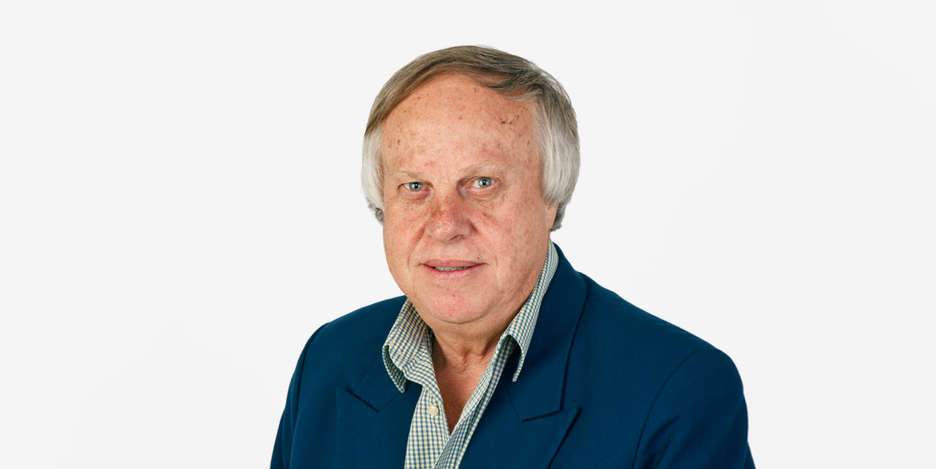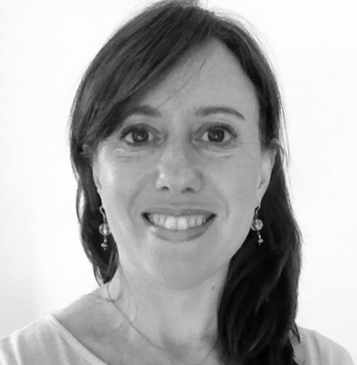Diana Blackburn is CEO of the Virtuous Living Centre, a group of psychologists, community workers, and other specialists who will go into the field to offer practical advice and training to groups, corporations and individuals (including children) on leading better lives through the practice of virtues.
Diana has practiced as a barrister in England and a solicitor in Australia, and taught law in a context of social, philosophical and political issues through the child rearing years. The exposure to people from a wide variety of life experiences in legal practice and undergraduate teaching has finally led to the study of virtues, which is now her passion and will be her PhD topic.
Connect with Diana on LinkedIn.
1. Can you please tell us a little about your dream of launching the Virtuous Living Centre and how you see it operating?
Since 2006 Australians have had access to psychological services through medicare funding. While this has been of significant benefit to many people, it has forced a change in the mental health industry—even creating an ‘industry’ per se. This, alongside the importance placed on diagnostic categories taken from the American DSM, has created an experience for clients that has at times been jarring. While VLC always seeks to be evidence-based, it wants to return mental health to its humanistic roots whereby people engage life together, and where tomorrow is better than today. Our vision therefore is to have a multidisciplinary centre whereby art, nature, learning and therapy all work together to enliven people’s innate capacity to live more fully.
2. How did “scientific enlightenment” eclipse virtues and why do you think it’s important to bring them back today?
While the Scientific Enlightenment was a vital step in the development of the Western Tradition it did not so much eclipse virtue as banish superstition. Once scientific reasoning took hold, the world was seen in a new light and the rest is history. What is interesting is that virtue has an unbroken written record from the second millennium BC right through to today. In fact, the best of us have always known that a fulfilling life cannot be found by reason alone—it takes virtues such as courage, diligence, wisdom, honour, justice and a fair bit of kindness to bring about a fulfilling life. The trouble with today’s liberal democracies is that they are so busy deconstructing the past that they ignore priceless gems such as virtue. Virtues are reflected in so many ways in human life, whether this is values, ethics or religious morals. However, they are more important than ever, as the world faces climate change, mental health issues and an absence of ‘something bigger than ourselves’.
3. What is one small and practical way for someone to begin living a more virtuous life immediately?
The unloved virtue is diligence. It’s all about hard work, but it also guarantees success in life. Having a goal and working towards it one day at a time is very virtuous. Virtuous living can start as gentle changes: Kindness where it is unexpected; supporting people who are disadvantaged. For one’s own life, courage to face your own demons and wisdom, (which can be developed through simply asking too many questions!) together with an awareness of one’s own cognitive biases and conditioning.



